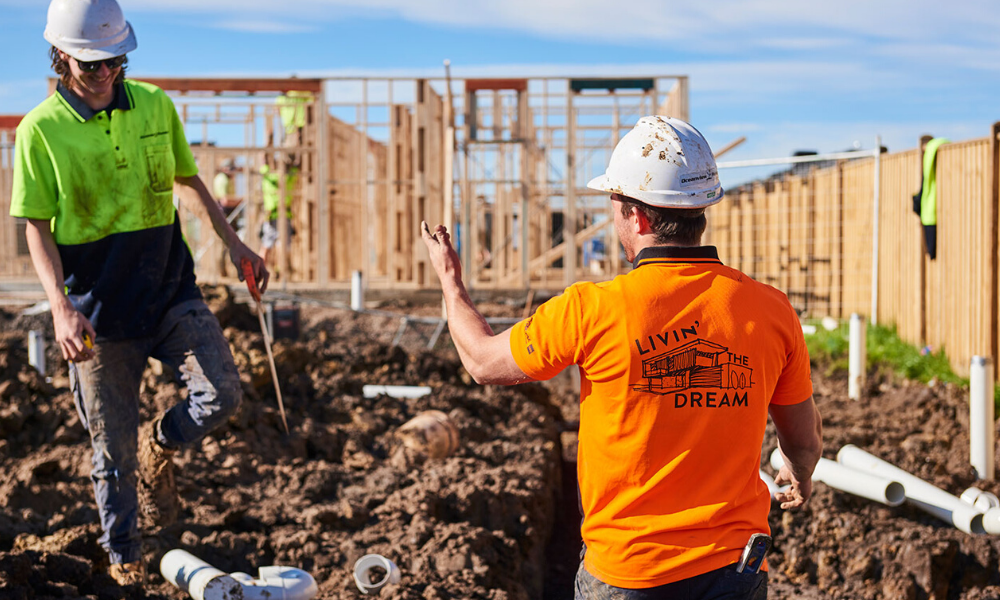
Building inspections are crucial for assessing property conditions and identifying potential issues. Disagreements arise when parties interpret findings differently or question the inspector’s conclusions. Disputes over building inspection results often stem from various factors:
- Different expectations – Buyers, sellers, and property owners may have conflicting ideas about what constitutes a significant issue.
- Varying interpretations – Technical jargon in reports can lead to misunderstandings.
- Financial implications – Repairs or renovations suggested by inspectors impact property value or sale negotiations.
- Emotional investment – Homeowners might struggle to accept negative findings about a property they’re attached to.
- Inspector competence questions – Sometimes, one party may need clarification on the inspector’s qualifications or thoroughness.
- Scope limitations – Inspections have boundaries, and issues beyond these limits can cause disagreements.
Preventive measures
Select a licensed, experienced professional with a solid reputation. Well-respected inspectors’ findings are less likely to be challenged. Ensure all parties understand what the inspection will and won’t cover. This includes specifying whether pest inspections are included or separate. Clear communication about inspection limitations can prevent unrealistic expectations.
Insist on comprehensive, clearly written reports with supporting evidence such as photographs. Detailed documentation helps prevent misinterpretations and provides a solid foundation for addressing concerns. If anything in the report is unclear, ask for explanations promptly. Addressing ambiguities early prevents disputes later.
Strategies for resolving disputes
- Open communication – Encourage all parties to express their concerns openly and respectfully. Disputations arise from misunderstandings that can be clarified through honest dialogue. Provide a feeling of belonging and respect for everyone in the workplace.
- Review the report together – Arrange a meeting with all stakeholders to review the inspection report line by line. This collaborative approach helps identify areas of agreement and pinpoint specific points of contention.
- Seek expert opinions – If disagreements persist, seek another expert’s opinion in the disputed area. This provides an objective perspective and helps resolve conflicts.
- Understand local building codes – Familiarize yourself with relevant local building codes and regulations. Disputations arise because parties are unaware of legal requirements. Knowing the standards helps determine whether an issue truly needs addressing.
- Document everything – Keep detailed records of all communications, additional inspections, and proposed solutions. This documentation is crucial if the dispute escalates or legal action becomes necessary.
Handling specific types of disputes
Different types of inspection findings may require specific approaches:
Structural issues
Disputes over structural problems are often the most serious. If there’s disagreement about a structural issue:
- Consult a structural engineer for an in-depth assessment.
- Review local building codes to determine if the issue violates regulations.
- Obtain repair estimates from multiple contractors to gauge the true scope of the problem.
Electrical and plumbing systems
Disagreements about electrical or plumbing issues are complex. Consider these steps.
- Hire licensed electricians or plumbers for system-specific inspections.
- Check if the disputed issues violate current safety standards or codes.
- Discuss the potential risks and long-term implications of not addressing the problems.
Remember that building inspections, including pest assessments, are intended to provide valuable information for making informed decisions about a property. Viewing disputes as opportunities to gain deeper understanding rather than adversarial conflicts leads to more satisfactory outcomes for all parties involved. vitalbuildinginspection.com.au/pricing/ has a good point for the building inspections in Sydney.
